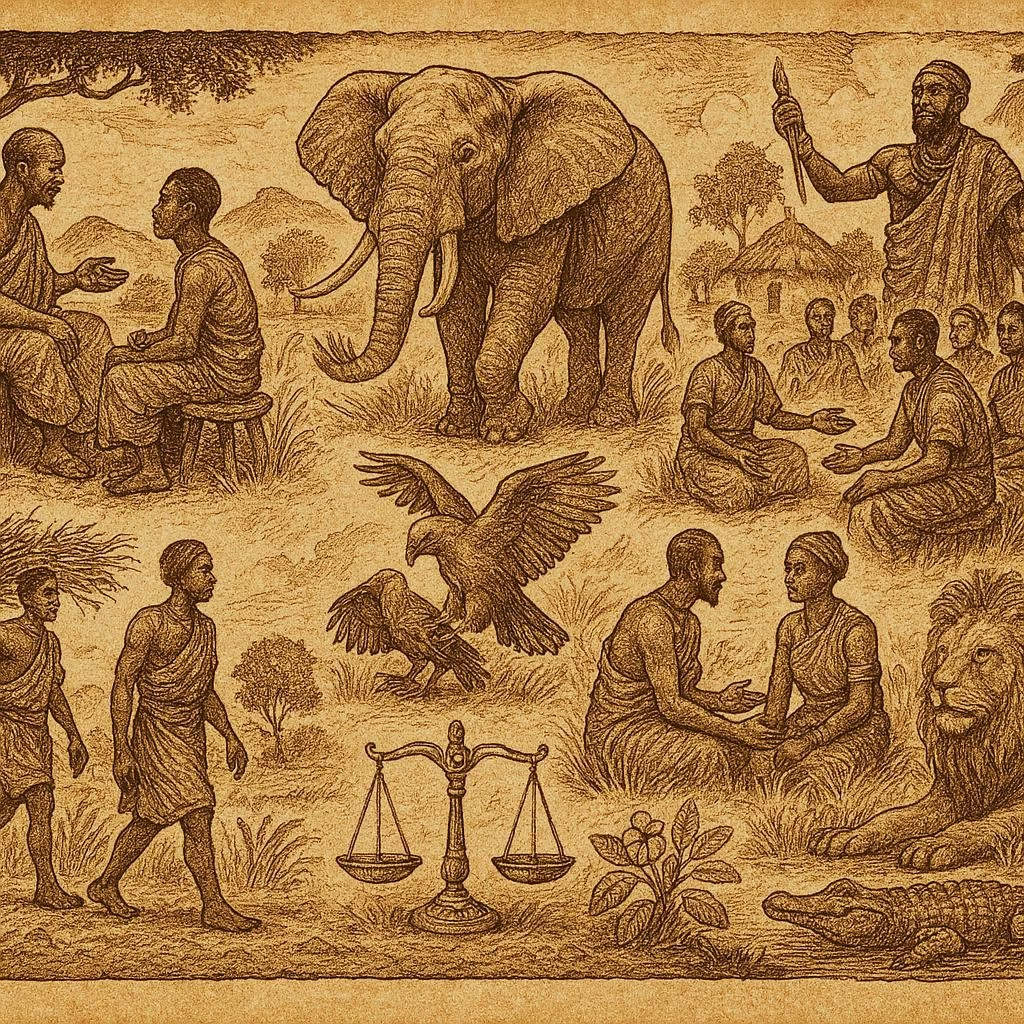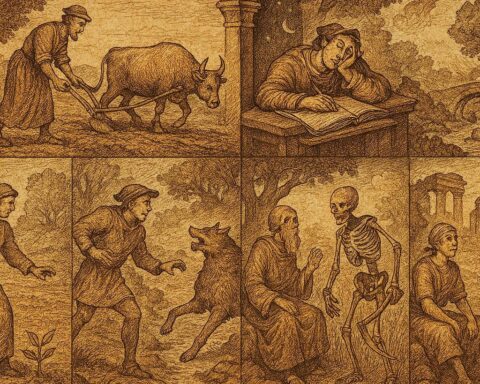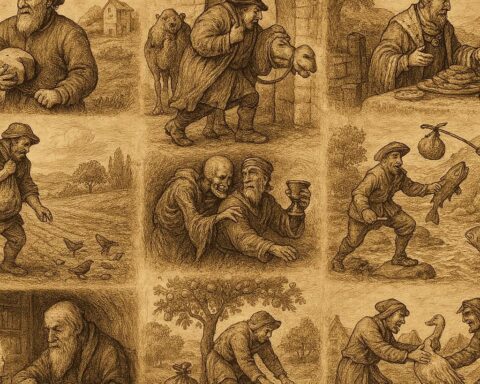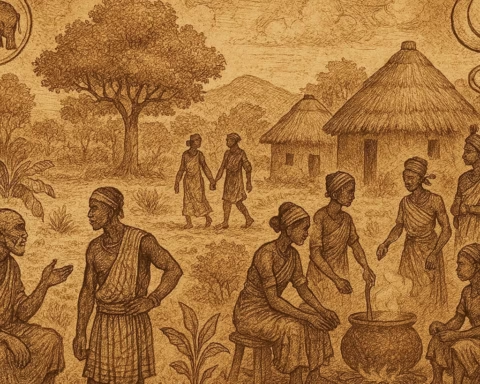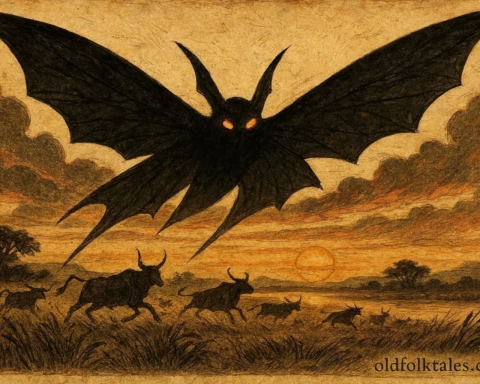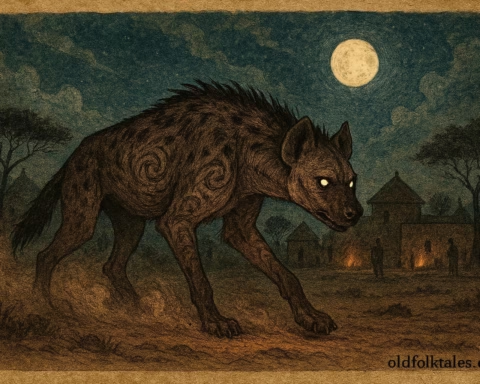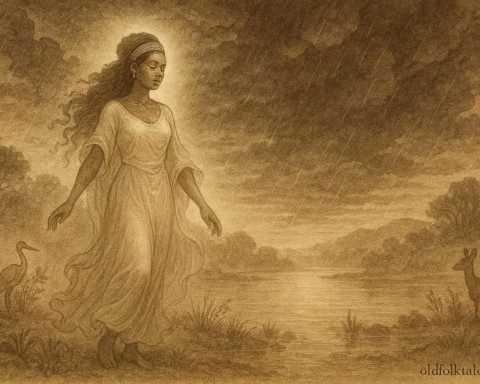In the Akan-speaking regions of Ghana and Côte d’Ivoire, leadership is not merely about holding power, it is a sacred responsibility. For centuries, the Akan people, including the Ashanti, Fante, Akuapem, and others, have used proverbs, mmebusem, to pass down essential principles for just and fair governance.
These proverbs, rich with imagery from forests, rivers, animals, and daily life, have shaped the way chiefs, elders, and ordinary citizens think about authority, fairness, and moral conduct. Here are nine Akan proverbs that carry timeless lessons for leaders and communities alike.
“Tikoro nko agyina.”
(One head does not go into council.)
Leadership requires collaboration. No single leader can carry the wisdom of all. Among the Akan, chiefs surround themselves with a council of elders to ensure decisions are fair, informed, and for the good of all.
“Obi nnim obrempon ahyease.”
(No one knows the beginning of a great man.)
A lesson in humility and fairness, great leaders may rise from humble beginnings. This saying reminds rulers not to judge others by their current state but to see potential in everyone.
“Se wo were fi na wosankofa a, yenkyi.”
(If you forget and return to take it, it is not wrong.)
The well-known Akan concept of Sankofa, symbolized by a bird looking backward, teaches leaders that returning to past wisdom is not weakness but strength. A just ruler corrects mistakes and seeks ancestral guidance.
“Woforo dua pa a, na yepia wo.”
(When you climb a good tree, you are given a push.)
When a leader’s cause is just and noble, the community supports them. Fairness in leadership earns cooperation, while selfish rule breeds resistance.
“Anoma antu a, ɔbɔ dam.”
(If a bird does not fly, it goes hungry.)
A reminder that leaders must act when duty calls. Justice delayed is justice denied, without timely action, a leader’s people suffer.
“Nyansa nni baakofoɔ tiri mu.”
(Wisdom is not in the head of one person.)
Closely related to Tikoro nko agyina, this proverb stresses inclusivity. Leaders must consult widely, valuing the input of all members of society, not just the privileged few.
“Ɛsono ne ho tɔ.”
(The elephant’s size is its burden.)
Great power comes with great responsibility. An Akan chief’s authority is balanced by the heavy expectation to rule fairly and ensure justice for all, even at personal cost.
“Obi nkyere abofra Nyame.”
(Nobody teaches a child who God is.)
Justice and fairness are rooted in universal truths recognized even by the young. A good leader aligns laws and governance with these natural principles, rather than bending them for personal gain.
“Se wo boa me a, meboa wo.”
(If you help me, I will help you.)
This reflects the Akan value of reciprocity. Just leadership fosters mutual respect and collective prosperity, when a ruler serves the people, the people in turn strengthen the ruler’s position.
Cultural Origins
The Akan people’s political system, one of the most sophisticated in precolonial Africa, was built on the belief that leadership is service. The ɔmanhene (paramount chief) ruled alongside a council, the mpanyimfo (elders), and the queen mother, who could even depose the chief if he ruled unjustly.
Proverbs were vital in this governance system. They were used in asebɔ (court hearings), mpaebɔ (prayers), and nkɔmmɔ (public discussions) to remind leaders and citizens alike of the moral foundations of justice. Many of these sayings draw on nature, showing the Akan’s deep connection between environmental harmony and social order.
These nine proverbs remain relevant today, not only in chieftaincy but in business, politics, and community leadership, any place where fairness, wisdom, and responsibility are needed.
Knowledge Check
1. What does the Akan proverb “Tikoro nko agyina” mean?
It means one person alone cannot make wise decisions, leadership requires counsel.
2. What lesson does “Obi nnim obrempon ahyease” teach?
It teaches that great leaders may come from humble beginnings, urging fairness in judgment.
3. How is Sankofa connected to leadership?
It encourages leaders to return to past wisdom to correct mistakes and guide future decisions.
4. What does “Woforo dua pa a, na yepia wo” imply for leadership?
It means just causes gain community support, while selfish motives face resistance.
5. How does “Ɛsono ne ho tɔ” relate to responsibility?
It teaches that greater authority brings greater responsibility to rule fairly.
6. Why is “Se wo boa me a, meboa wo” important in governance?
It highlights reciprocity, when leaders serve the people, the people strengthen their rule.
